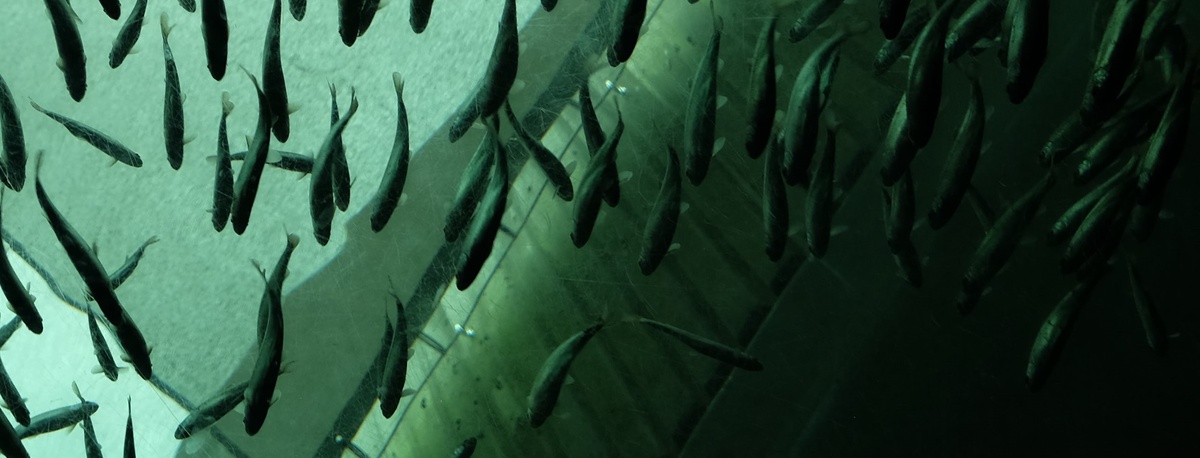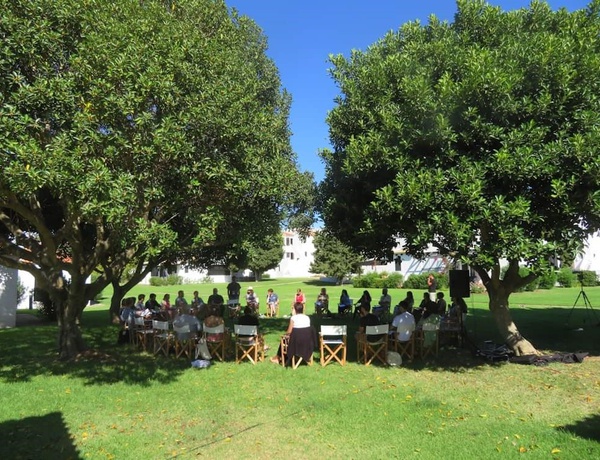
The Summer Shoal on Fish Ethology and Welfare
The Summer Shoal on Fish Ethology and Welfare is a different kind of scientific gathering: a circle of discussion on fish welfare, under the sky, by the sea, with no technological aids (no powerpoints, no computers, no screens). All the communications are printed in a book that is delivered to each participant upon arrival. As stakeholder dialogue is one of our basic principles, this event is exclusive to 40 participants to allow all sitting in one big circle in the open air in order to stimulate the exchange of knowledge and ideas among scientists, professionals from industry and retail, animal welfare organisations, and decision makers.
The participants stay lodged in the resort, and the concept is to have a "scientific retreat" dedicated to fish welfare. The whole event is recorded on video and later publicly available. On its way to its 4th edition, this annual meeting is a highlight of the year both for the participants and the organisers - the FishEthoGroup.
See information from our editions: 2022, 2019, 2018 and 2017
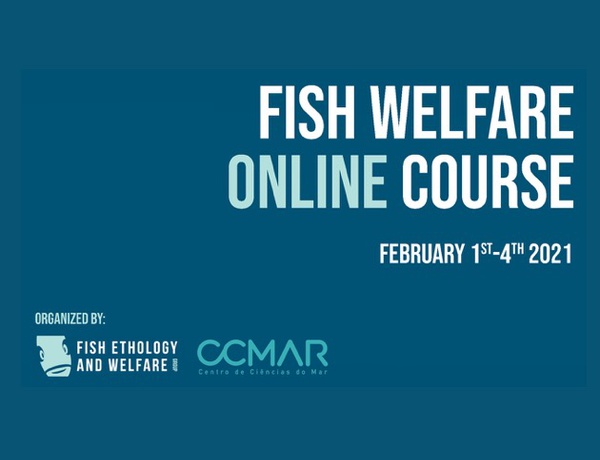
Fish Welfare Courses
Fish welfare is growing to be an essential topic in present day aquaculture, fisheries, and academia.The promotion of best practices towards good welfare must rely on a) solid scientific knowledge of the biology of fish species and b) appropriate design and use of technical solutions. We organize annual editions of a Fish Welfare Course, where top international experts in their fields lecture each module, highlighting the most recent scientific information related to fish welfare. Basically, each course is an intensive training programme during a few days. This year, the course edition covered:
- Sentience, pain, and mental aspects of fish welfare
- Physiology of stress and sensory systems in fishes
- Applied biology and fish welfare
- Operational welfare indicators and improvement tools
- Policy, law, and welfare certification
More info about the last edition here and the first edition here
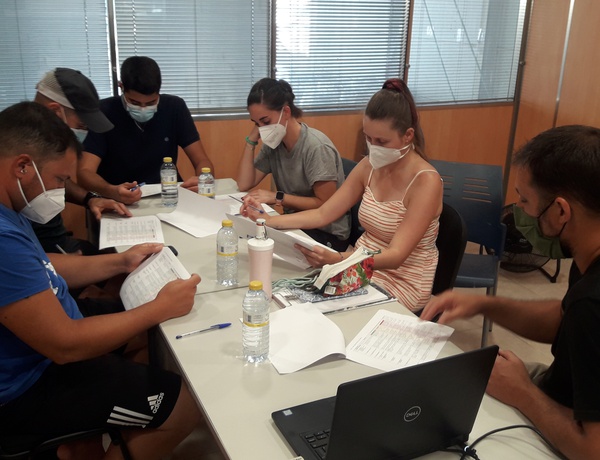
Culmarex S.A.U. (Cooke Group) training
We provided a training course on fish welfare requested by the Spanish fish farming company Culmarex S.A.U. (Cooke Group). The course covered concepts and an introduction to fish welfare in aquaculture and the market chain, critical points during the fish production cycle and operational welfare indicators, as well as corporate responsibility, ethics, reinforcement plans, developments and market expectations. These topics were delivered in person to every employee, at the company's various facilities.
Such training initiatives not only help to improve the welfare of fish directly from the hands of those who work with these animals every day, but also improve the reputation and reinforces the company's welfare perspective.
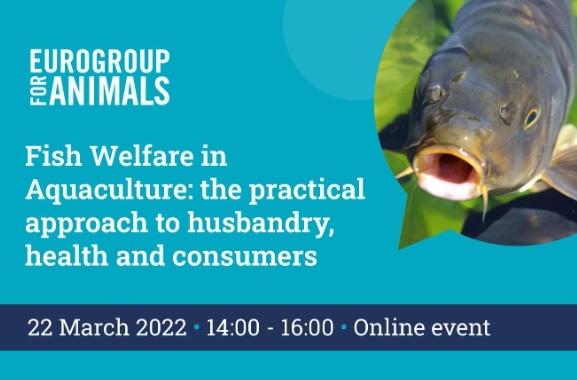
European Parliament interactive training
Our tem leader João L. Saraiva represented our group at the European Parliament by making a short trainning session in a format of an interactive presentation during an online policy event organized by the Eurogroup for Animals.
Following this, he also participated of an important discussion panel in this event together with Hans van de Vis, from the Wageningen university and Javier Ojeda, from the Federation of European Aquaculture Producers.
